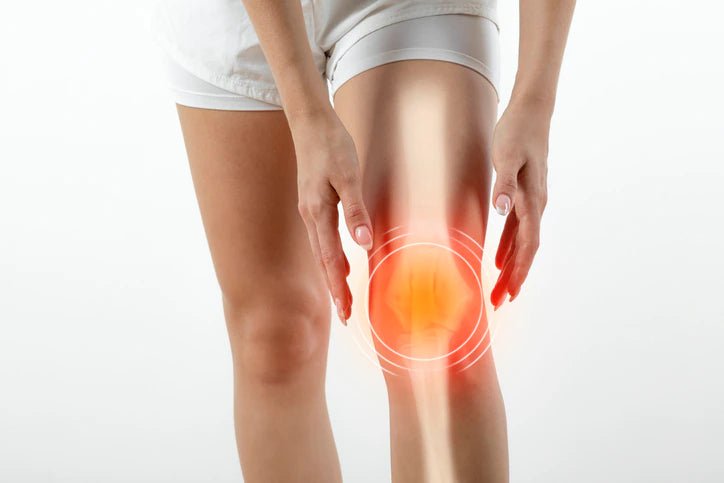Collagen and Joint Health
Is collagen worth taking for joints?
Some studies suggest that collagen supplements may help improve symptoms of osteoarthritis and reduce overall joint pain (8). A review of studies in people with osteoarthritis found that taking collagen led to significant improvements in joint stiffness and overall osteoarthritis symptoms.
Because joint cartilage contains collagen, and joint pain often comes from collagen loss, it’s thought that collagen can reduce joint pain.
Studies Trusted Source shows that hydrolyzed collagen (or collagen hydrolysate) can help strengthen your joints and help with pain caused by conditions like osteoarthritis.
However, keep in mind that most studies showing joint pain improvement with collagen consumption have used high-dose collagen hydrolysate supplements.

COLLAGEN AND JOINT PAIN?
Joint pain and discomfort can be crippling for many and reducing the severity of this pain and inflammation as well as repairing joints is often a priority to help ease the symptoms day-to-day. After all, pain caused by Osteoarthritis, where the cartilage breaks down, grinding down the joints as the bones rub together, is certainly uncomfortable. Until around the age of 30, this cartilage regenerates quickly but after this age, this process slows down, so the cartilage layer becomes thinner between the joints. Furthermore, strenuous high-impact exercising, excess weight, and even a sedentary lifestyle exacerbate this degeneration.


Cartilage is a firm, rubbery material that covers the end of bones in joints. Over time, the cartilage wears off due to aging and repeated movement. As a result, tendons and ligaments stretch, and bones rub against each other, causing pain. Collagen provides support for the growth and repair of cartilage tissue, as well as relieves joint inflammation and pain.
Type II collagen is primarily found in joints, which are areas of the body more prone to wear and tear. When it comes to choosing a joint supplement, look for one that contains collagen as a key active ingredient to support joint comfort, flexibility, and mobility.
If you find Collagen with Vitamin C and Hyaluronic Acid it would be the best option because they go together extremely well, like best friends. When taken together as a supplement, they complement and support one another for maximal, effective benefits. HA enhances the body's ability to produce and synthesize collagen – or in other words, hyaluronic acid helps the body “use” collagen; vitamin C enhances the absorption of the collagen and HA.
Proven effective in supporting and protecting your joint health, collagen looks to be a promising and safe alternative to the common joint supplements out there.







